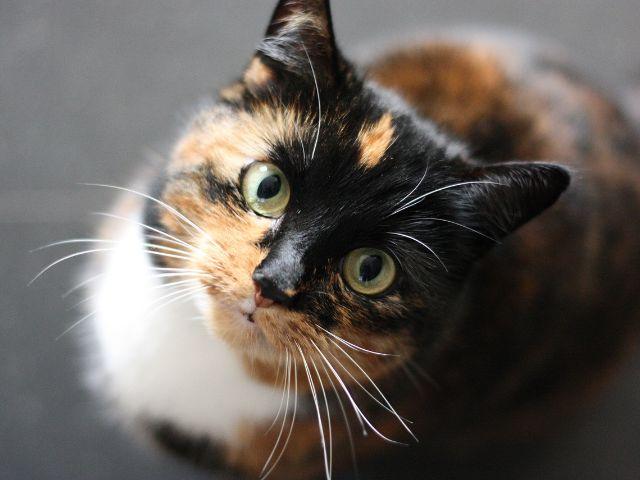
Vaccinating your pet ensures that he or she is protected from the many infectious agents that are out in the environment. Speak with your veterinarian if you have questions. He or she can offer information on these regular rounds of vaccines. Being a responsible pet owner is a major part of maintaining your pet’s health. You owe it to your dog or cat to get them vaccinated. Here are some of the most common feline diseases:
- Chlamydia, Calici, and Rhinotracheitis: All three are common upper respiratory diseases. Symptoms include sneezing, coughing, a runny nose and eyes, and fatigue, all of which are similar to our common cold. Antibiotics and good nursing care are the basis of treatment but preventative vaccines are important in reducing infection, especially in multi-cat households.
- Feline Leukemia Virus: A contagious viral infection that is shed in the saliva, milk, urine, and feces of infected cats. Cats who are predominantly outdoors and roam are at higher risk of exposure to this virus from infected cats. After successful infection cats can develop cancer, anemia or immunodeficiency. The Feline Leukemia vaccine is very good at providing protection and is always recommended if you have an indoor-outdoor cat.
- Feline Immunodeficiency Virus: There is no good vaccine to protect against this virus at this time. Commonly but incorrectly referred to as Feline AIDS, humans are unable to catch FIV (Feline Immunodeficiency Virus). Cats who are outdoors and get into fights are at greater risk of getting FIV because of the great potential for bites. Biting is the major mode of transmission. FIV-positive cats can develop immunodeficiency, cancer, anemia, and neurologic disease.
- Distemper (Panleukopenia): Distemper should not be confused with the distemper viral infection in dogs. Distemper in cats is more similar to parvovirus in dogs. Diarrhea, high fever, vomiting, lethargy, and loss of appetite are hallmark symptoms of distemper. This disease is almost always fatal without proper vaccines beforehand.

